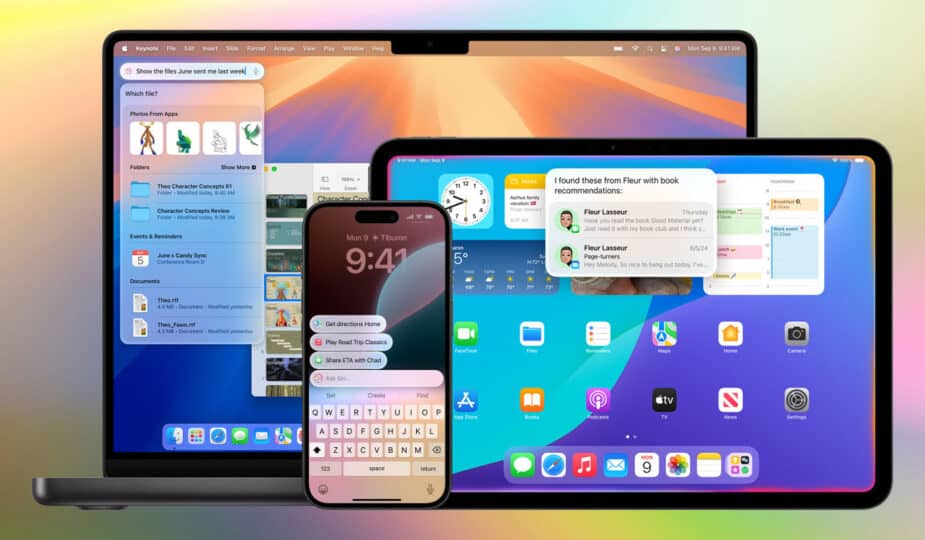
A top government official has warned that launching Apple Intelligence in China will be a “difficult and lengthy process” unless the iPhone maker partners with a local AI company. Working with a Chinese company instead would be “simple and straightforward.”
Apple has reportedly been exploring the possibility of using its own generative AI models in China, but a top regulator has made it clear that it would not be in the Cupertino company’s interests.
Any company looking to launch a generative AI product in China would need regulatory approval. The Financial Times reports that the relevant regulator has just given a pretty clear indication of what the government expects.
Apple faces an uphill battle to release its own artificial intelligence models for iPhones and other products in China, with a senior Beijing official warning that foreign companies will have to go through a “difficult and lengthy process” to get approval unless they partner with local groups […]
A senior official at the Cyberspace Administration of China said it would be a relatively “simple and straightforward approval process” for foreign device makers to use already-vetted LLMs (large language models, also known as generative AI) from Chinese teams.
Two sources cited by the FT said Apple was considering using its own LLMs in China, but was also in talks with Chinese tech companies.
The Chinese government tightly controls online information sources in the country. Google pulled out of the country after being forced to censor search results, and many other Western platforms are blocked by the Great Firewall, including Facebook, X and Wikipedia. Many search terms are also blocked when using the local search engine Baidu.
AI products, of course, provide another means of efficiently performing web searches, and it’s clear the government wants to be able to control them too, effectively forcing foreign companies to use approved Chinese models.
Apple has already seen a sharp drop in iPhone sales in China after the government banned officials from using them, suggesting it was unpatriotic for Chinese citizens to buy phones from a foreign company.
A JP Morgan analyst said Apple would likely take a “flexible” approach to winning approval, but even then, the launch of Apple Intelligence in China would likely be pushed back to the second half of 2025.
The FT reported that Apple declined to comment on the report.
9to5Mac’s Take
While it would be nice to imagine Apple resisting this pressure, the reality is that it will inevitably cave. China is simply too important to the company, not only because it accounts for 17% of Apple’s global sales, but also because it remains the Cupertino company’s most important manufacturing hub.
As CEO Tim Cook said yesterday, “We couldn’t do what we do without them [Chinese suppliers].”
In many cases, Apple has been forced to do unpleasant things, like removing VPN apps and U.S. news apps from the App Store, to comply with the law. In this case, it could theoretically just decide not to launch Apple Intelligence in China, but the commercial and political risks are likely too high to make that feasible.
A 9to5Mac collage of images from Apple and Sean Sinclair on Unsplash









